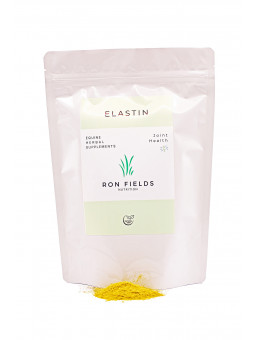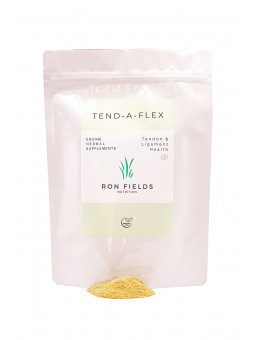The Impact of Humidity on Horses' Joints

The humidity plays a crucial role in the joint health of horses
The Impact of Humidity on Horses' Joints
Horses, like any athlete, are subject to health issues related to their environment. Among the environmental factors, humidity plays a crucial role in the joint health of horses. In this article, we will explore how humidity can affect horses' joints and what owners can do to mitigate these effects.
1. Understanding Humidity and Its Effects
Humidity refers to the amount of water present in the air. High humidity levels can lead to various problems for horses, including joint pain. Horses' joints contain synovial fluid, which lubricates and cushions the joint surfaces. When humidity is high, it can affect the viscosity of this fluid, making movements less fluid and increasing the risk of discomfort or pain.
2. The Link Between Humidity and Joint Problems
When humidity is excessive, it can cause inflammation in the joints, exacerbating issues such as arthritis or tendinitis. Additionally, muddy and saturated ground, common during humid periods, can increase mechanical stress on horses' joints, leading to injuries. Horses moving in such conditions are more likely to develop joint pain.
3. Signs of Joint Problems
It is essential for horse owners to monitor signs of joint problems, including:
- Lameness or discomfort during movement
- Stiffness, especially after rest
- Heat or swelling in the joints
- Decreased activity or refusal to work
- If you notice these signs, it is crucial to consult a veterinarian.
4. Prevention and Management
To minimize the impact of humidity on your horse's joints, here are some practical tips:
- Avoid saturated ground: If possible, limit the time your horse spends on muddy surfaces. Create dry areas in pastures or pens.
- Regular exercise: Appropriate and regular exercise can help strengthen the muscles around the joints, providing better support.
- Proper nutrition: Ensure your horse receives a balanced diet rich in essential nutrients for joint health. Supplements may also be beneficial.
- Hydration: Make sure your horse stays well-hydrated, as good hydration promotes joint health.
5. Conclusion
Humidity can have a significant impact on horses' joints, but with appropriate preventive measures, owners can minimize these effects. By taking care of your horse's environment and ensuring its well-being, you will contribute to its health and performance.
For more information on horse nutrition and well-being, check out our resources on the Ron Field Nutrition website.



